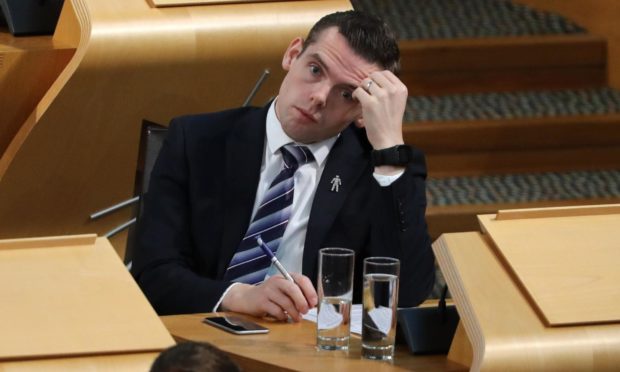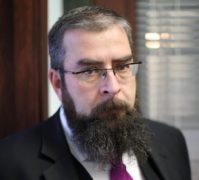With great power comes great responsibility.
I know that this quote is most often attributed (wrongly) to Spider-Man. Perhaps it has its true genesis in Luke 12:48, but for present purposes the hint of superpower is apt.
Organisations such as Rape Crisis who are privileged to speak on behalf of victims of that most serious of crimes have amassed, in today’s society, something akin to a superpower. They represent people whose abuse engenders powerful emotions in the populace.
The emotional response to the people who find themselves so abused is uniformly compassionate, coloured red by fury and outrage at the perpetrators. The visceral reaction towards such criminals is no less uniform.
This places a philosophical burden upon such organisations. They would well understand that, with 100% of the public on the side of such victims and 0% on the side of the abusers, whatever steps such groups promote as benefitting to the former while punitive towards the latter will be the subject of widespread heartfelt approval without the need for further reflection.
The temptation is to make it seem binary or monochrome – to capitalise on the white hot emotions stirred up. Surely you’re for the victims and not for the perverts and paedophiles?
The problem is that, while it isn’t actually a binary issue, it’s easy to make it seem like one. People like the Lord Justice, Clerk Lady Dorrian and the Cabinet Secretary for Justice Humza Yousaf are faced not with easy monochrome. They know how difficult a question this is.
Juries look beyond emotion to make their judgements
It’s ironic that juries are warned in every single criminal trial in Scotland to avoid taking decisions based solely on emotion, because Rape Crisis, among others, would like to see the end of juries in all criminal trials in which they state interest.
Juries are cautioned against the pull of emotions, whether they be sympathy, pity, hatred or disgust. Decisions are better taken dispassionately, when reason will serve as robust and explicable justification.
Politicians of all hues seem poised to battle over the electoral benefits which might accrue from harnessing the widespread heartfelt but unreasoned approval which the championing of the removal of ‘not proven’ may bring. They sense the victims’ organisation’s superpower and want to be on the right side of it.
The temptation is to make it seem binary or monochrome – to capitalise on the white hot emotions stirred up. Surely you’re for the victims and not for the perverts and paedophiles?
Not proven is the ‘Scottish Verdict’. It came from a time when criminal charges were decided as being proven, or not proven. Remember that we presume people to be innocent, and that we set the bar of conviction high. This is for good reason.
Faith in the criminal justice system underpins law and order. People trust the courts. If you lower the bar for conviction then you will end up with innocent people found guilty.
People choke at the corollary which is that undoubtedly some guilty people go free, but if there is a better answer to the task than ours then no developed country on Earth has yet found it. Innocents wrongly convicted poison any justice system that tolerates the compromise.
No sense in abolishing ‘not proven’
The argument behind abolishing the not proven verdict must be that juries can’t be trusted to convict the guilty. They’re letting people off with not proven when they should be finding them guilty. If we remove that option then they’ll be forced to find them guilty.
Leaving aside how insulting that view is of the general population’s mental powers, where is the sense in it? Juries have instructions delivered to them by expert communicators in a manner which is subject to centuries of refinement and polish.
Literally our finest legal minds have agonised over the pursuit of perfection in jury instruction, and continue to do so. Juries are trusted in murder after gruesome murder, and have been since a time when ‘guilty’ could mean death.
Any verdict which does not bring guilt is a verdict of acquittal. The ‘not proven’ and ‘not guilty’ choice allows emphasis, but presupposes no possible verdict of guilt on that charge.
There is no objectively justifiable or rational sense in abolishing the verdict. Where we presume people to be innocent until proven guilty, and the evidence does not prove guilt, then limiting the range of expression of an acquittal verdict cannot serve a legitimate purpose. Those who advocate it must hope to blur the lines, lower the bar and thus force more guilty verdicts where the evidence didn’t justify it.
If I’m right that it is the politicians’ awe of the power of victims’ organisations, and the perceived treasure trove of ‘emotion only’ voters that funds this abolition, then it is the duty of reasonable, rational people to look beyond the emotional attractions on offer and use good sense to reach decisions.
Juries do it every day. Let us trust them to continue.
Tony Lenehan is the President of the Scottish Criminal Bar Association


